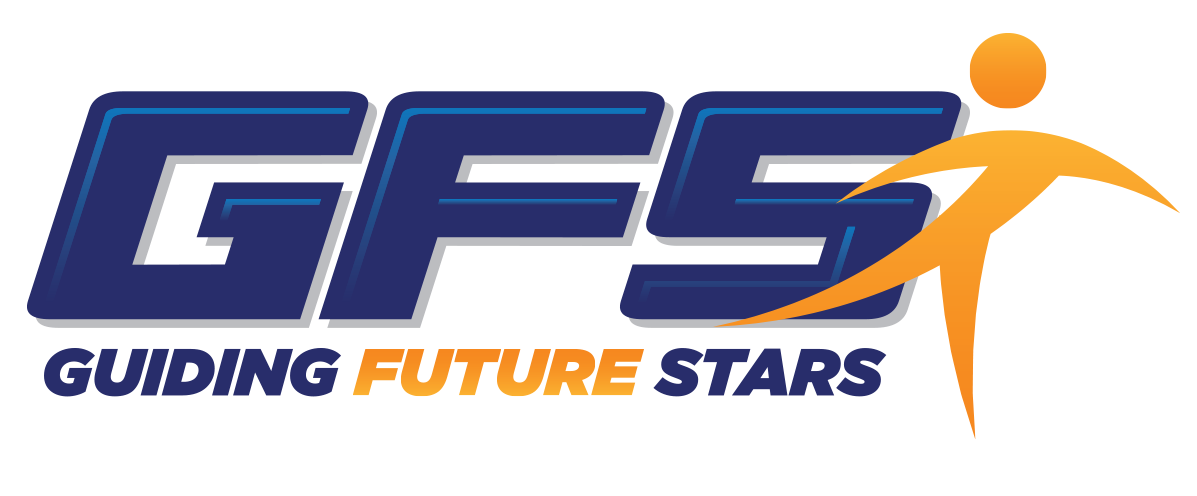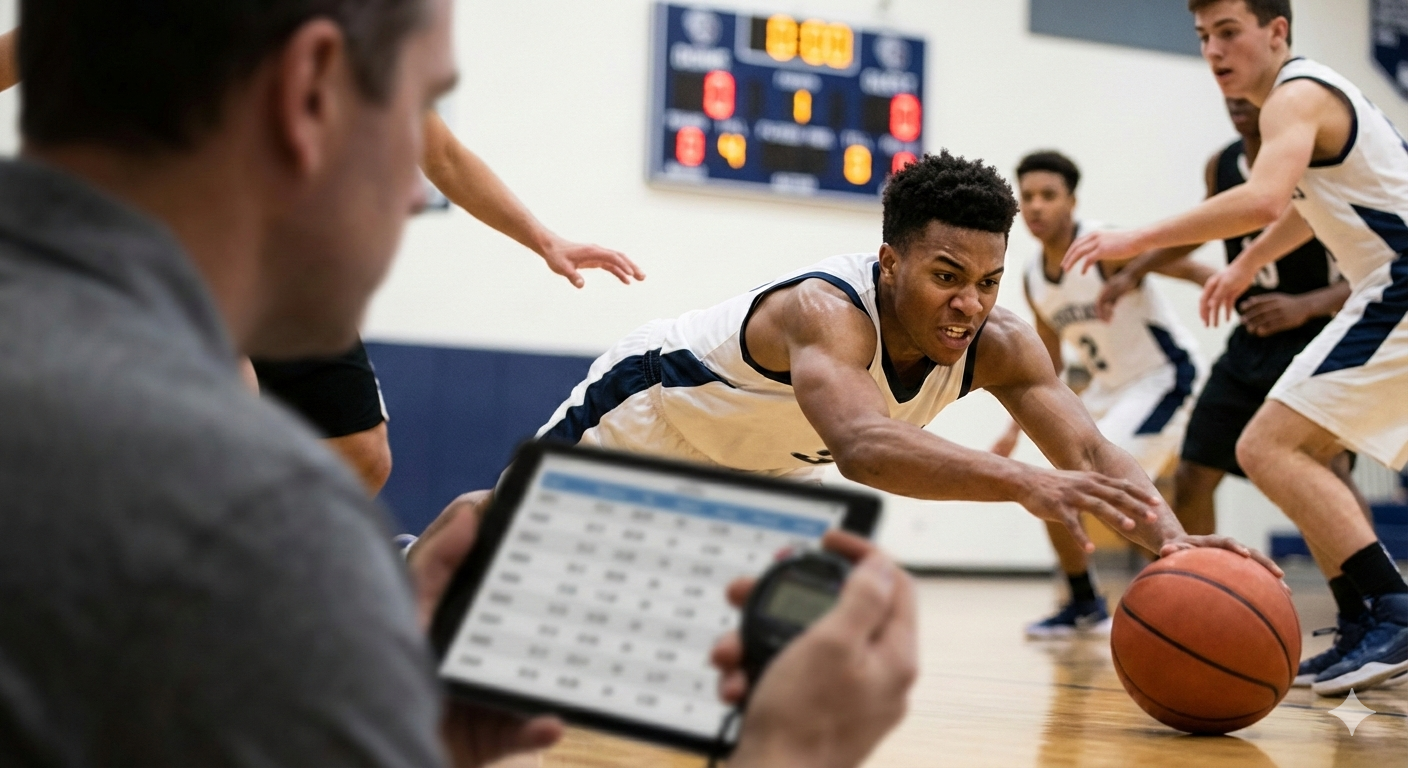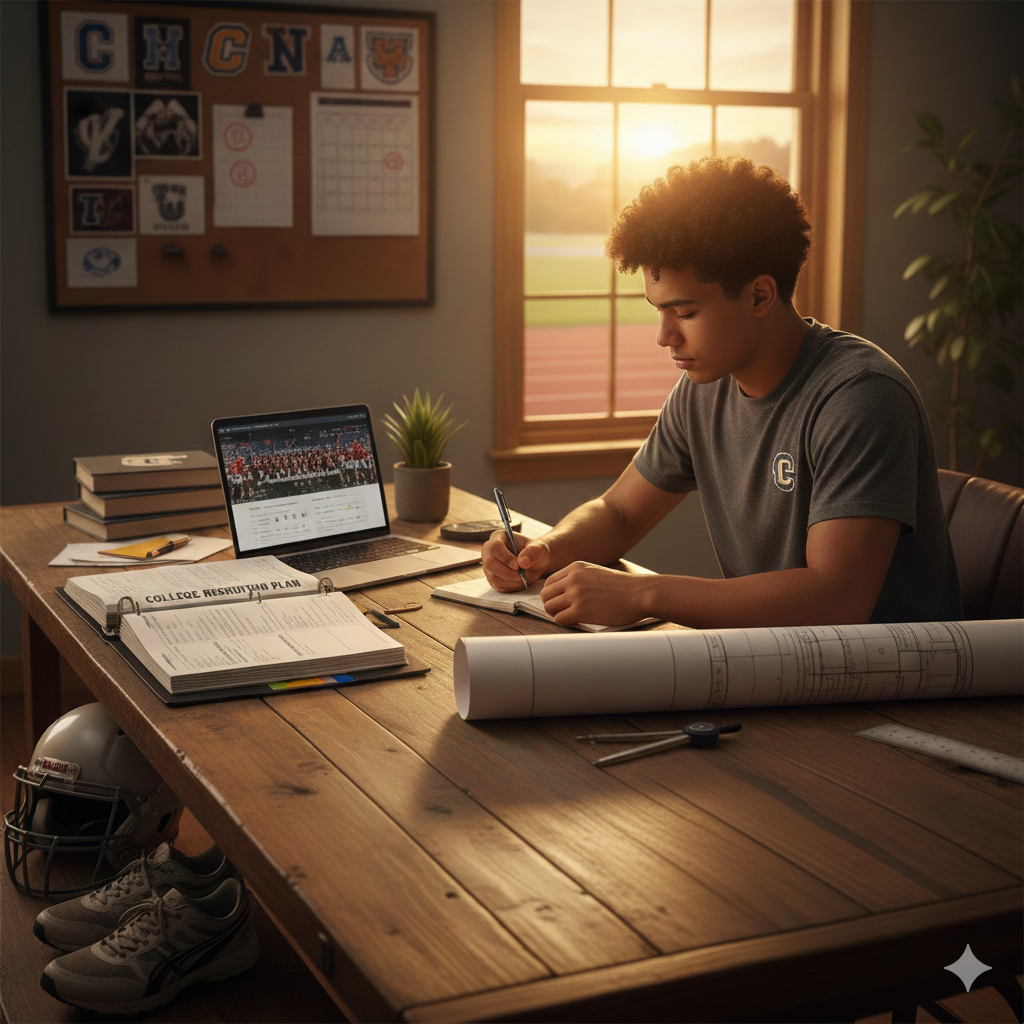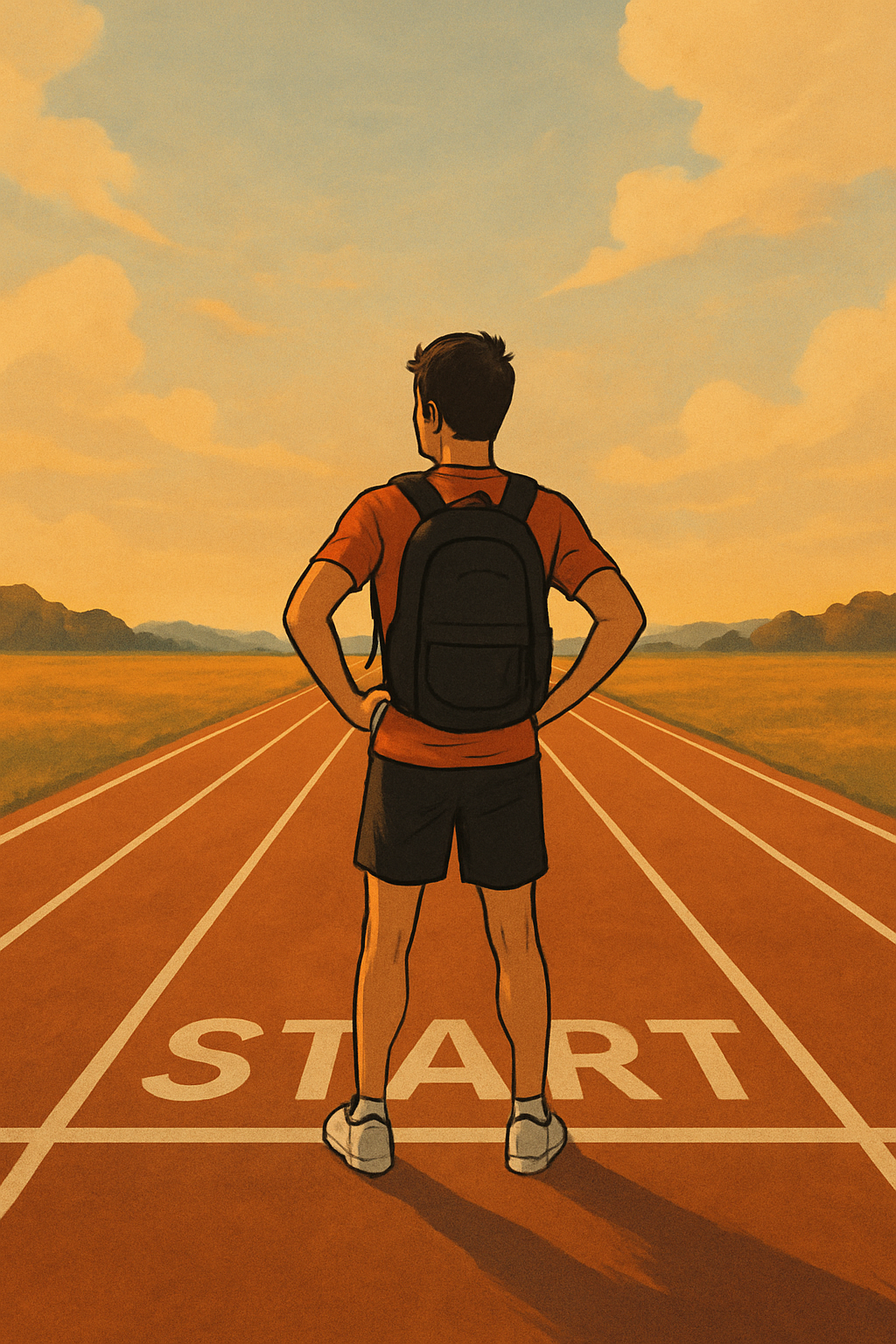Attitude and Character will Set You Apart
This is a subtitle for your new post
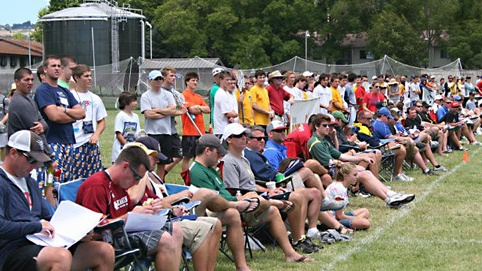
A recruits talent is obviously an important piece in a college coaches evaluation of any prospective student-athlete. But the decision to actively recruit a student-athlete goes well beyond talent. A prospective student-athlete's attitude and character may be the most important attribute to a college coach.
What Is Attitude?
Attitude is how a student-athlete carries himself or herself on and off the field. Regardless of a players' performance, their skill, tactical, and physical display, other factors heavily influence a coach's decision to recruit a given athlete. Coaches will look at their mental and psychological make up, their mental ability to quickly and correctly read and assess situations, their motivational drive and will power, their self confidence, and emotional stability.
A big determining factor of a prospects attitude is their body language on the field. A coach can get a good sense of who you are by how you react to situations on the field. Every coach loves to identify key players with personalities and qualities that cause them to become leaders. Here are some of the most recognizable personality traits.
- Drive
- Aggressiveness
- Determination
- Leadership
- Self-Confidence
- Mental Toughness
- Coach-ability
What is Character
Character is the mental and moral qualities to an individual. It just may be the most important aspect to the college recruiting process. College coaches want to know what kind of person you are and what is important to you.
A college coach only has a limited amount of opportunities to evaluate a prospective student-athlete's character. In order to help prospective student-athletes understand that it could be the difference between receiving a scholarship or not, we want to show them how to portray they are a high character individual. It is difficult to gauge what type of person you are just from your student-athlete profile or introduction letter. However, showing you are involved in a lot of extracurricular activities and clubs, community service, and that you have a job will show a coach that you are responsible and know how to manage your time to balance all of those activities. After interviewing a number of college coaches about what they look for in their recruits, there were certain qualities that continued to stand out. So I created the GFS 6 Pillars of Character. It these qualities among many others that college coaches seek.
ACCOUNTABILITY
Are you accountable for your actions? Are you accountable for your time?
INTEGRITY
Are you honest, do you have strong moral principles?
LEADERSHIP
Do you possess leadership qualities?
RESPECT
Do you show respect toward others, especially parents , coaches, teachers, etc
LOYALTY
Are you responsible? Are you able to complete the tasks you set out for yourself?
TRUSTWORTHINESS
Can you be trusted on your word? Do your actions back up words?
---------------------------------------------------------------------------------------------------------------
Most college coaches have a very keen sense and can pick up on some of these things as they watch you play or on a campus visit. While you are on the field or court, are you a leader. Are you positive and encouraging, or are you negative and critical? If you are on a campus visit how do you act around your parents. Do you treat them with respect or do you cut them off when you think they might say something stupid, or do you give an eye roll or shoulder shrug when they say or do something. College coaches are always watching you, and not just what happens in between the lines. College coaches receive lots of interest from prospective student-athletes and the need to gauge what type of person you are in a very short period of time.
In an 2015 interview with Jamion Christian, now the Head Men's Basketball Coach at George Washington University we asked him about is recruiting philosophy and the importance of character in a prospective student-athlete.
Character is also important in identifying prospects. Character means everything when you are projecting on how good someone will be down the road as a college senior. Those with strong character have tendency to help improve a program in some way before they graduate.
"The sooner that a coach can understand the mental make-up of a player the sooner they will be able to coach them into becoming the best version of themselves as a person."
- Jamion Christian
Another big factor that coaches are using to begin to evaluate prospective student-athletes are their social media profiles. Ho do you portray yourself in the twittersphere. What kind of posts do you make? Who do you follow? What kind of pictures are on your page? Social media is beginning to have a huge impact on college recruiting. There have been many stories where a social media post has caused students to lose scholarships, be suspended , or even kicked off team. Use social media to enhance your personal brand not to destroy it. A coach can begin to get a sense of what kind of person you are just from browsing through your social media profiles. And now the NCAA has even allowed college coaches to begin interacting with prospective student-athletes on social media.
College Coaches are looking for the complete student-athlete? Do you check all of the required boxes.
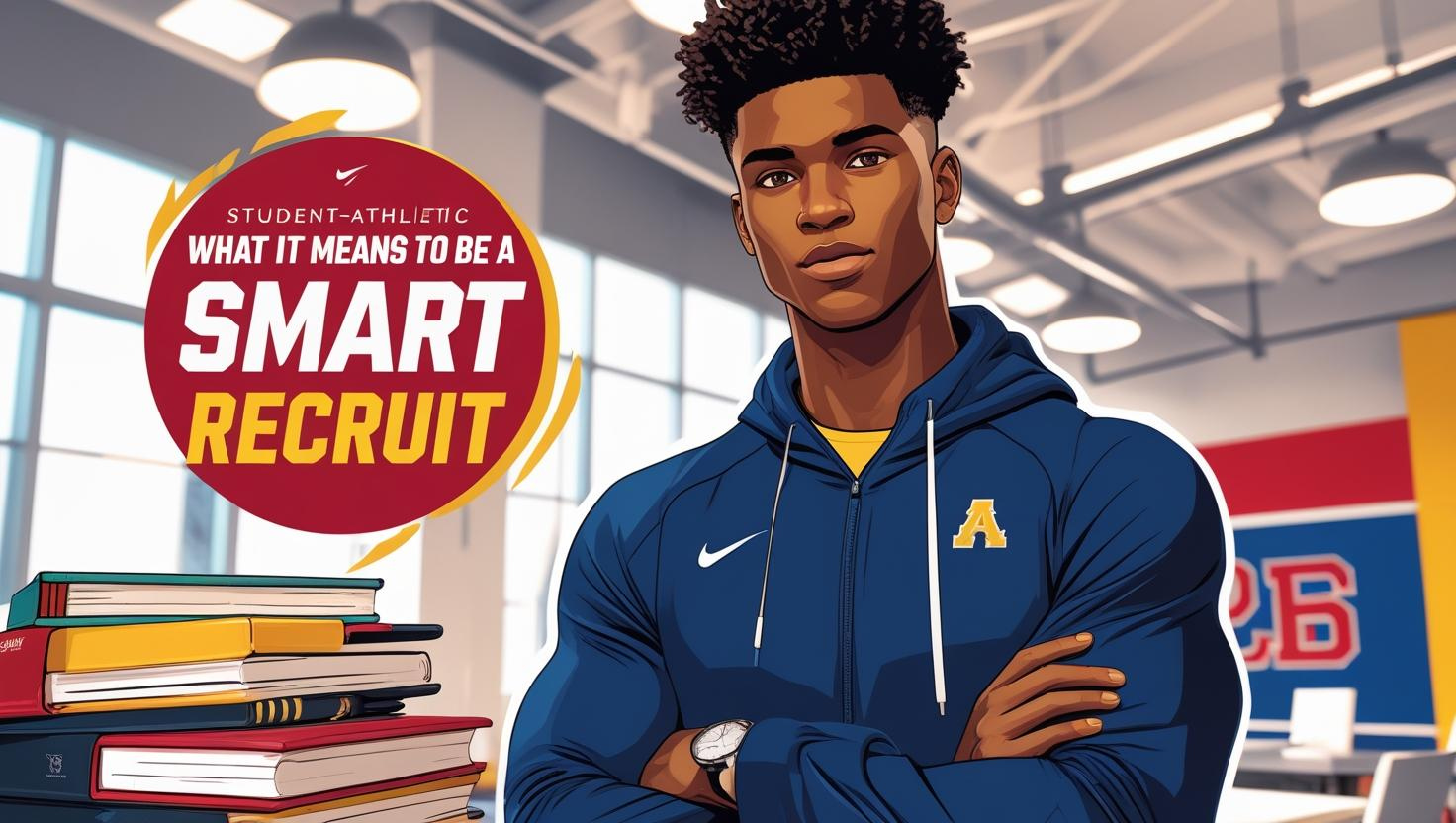
💡 What It Means to Be a SMART Recruit If you're a high school student-athlete with dreams of playing at the college level, you’ve probably heard how competitive and confusing the recruiting process can be. It’s true—navigating the world of college athletics, eligibility rules, academic requirements, communication with coaches, and scholarship opportunities can feel overwhelming. But here’s the good news: you don’t have to go through it blindly. Being a SMART Recruit means more than just athletic talent. It means you’re Educated , Empowered , Engaged , and Inspired . You take ownership of your journey by staying informed , organized , and committed to your future—both on and off the field. Let’s break it down. 🎓 Educated: Know the Landscape Smart Recruits take the time to understand the recruiting process. They know the rules, eligibility requirements, timelines, and what college coaches are looking for. They research the differences between NCAA Divisions I, II, III, NAIA, and NJCAA, and they understand how academics, athletics, and personal fit all play a role in finding the right school. Knowledge is power. When you're educated, you're able to avoid common mistakes, ask the right questions, and make informed decisions. 💪 Empowered: Own Your Journey Smart Recruits don’t wait for opportunity—they create it. They know that recruiting isn’t something that “just happens” to them. They take control by reaching out to coaches, attending the right events, and building a strong recruiting profile that reflects who they are as a student-athlete and a person. They recognize that no one will work harder for their future than they will . That sense of empowerment fuels their actions and keeps them moving forward—even when the journey gets tough. 🧠 Engaged: Be Proactive and Present The recruiting process is not passive—it requires you to stay active and engaged. Smart Recruits use tools like communication trackers, college lists, and visit checklists to stay on top of their outreach and deadlines. They’re not afraid to follow up, ask questions, and stay consistent. Being engaged means showing up: in your inbox, in the classroom, on the field, and in your mindset. Consistency beats luck every time. 🌟 Inspired: Stay Motivated by Your "Why" Every successful recruiting journey starts with a clear sense of purpose. Smart Recruits know why they’re pursuing college athletics, what they hope to achieve, and who they want to become in the process. That vision fuels their daily habits and decisions. Whether it's waking up early to train, studying late for a test, or rewriting an email to a coach—they’re motivated by a bigger goal and inspired to keep going, even when it’s hard. 🧭 Stay Informed. Stay Organized. Stay Ahead. Being a SMART Recruit also means staying informed about deadlines, program updates, and coach responses—and staying organized enough to manage it all. Whether you're managing communication, video links, or academic transcripts, having a system in place is crucial. That’s why tools like The Smart Recruit Tool Kit exist—to help you streamline the process, stay accountable, and make progress every week. 🎉 Coming Soon: The Smart Recruit Toolkit Get ready to take control of your college recruiting journey! The Smart Recruit —a comprehensive DIY toolkit designed to help student-athletes become educated, empowered, engaged, and inspired—will be launching soon. Packed with worksheets, templates, and expert guidance, this resource is your ultimate playbook to navigate the recruiting process with confidence and clarity. Stay tuned for the official launch! 🔚 Final Thought: Be the Recruit Coaches Want to Coach College coaches are looking for more than just athletic ability. They want students who are driven, self-aware, academically committed, and coachable. When you approach the process like a SMART Recruit , you show coaches you’re ready—not just to play at the next level, but to thrive there. ✅ Educated. ✅ Empowered. ✅ Engaged. ✅ Inspired. ✅ Informed & Organized. That’s what it means to be a SMART Recruit.
